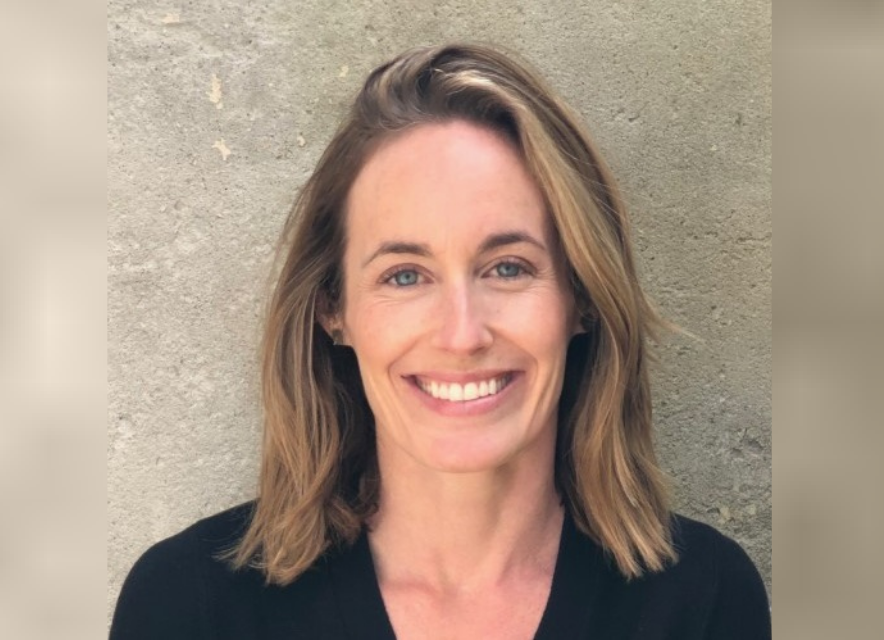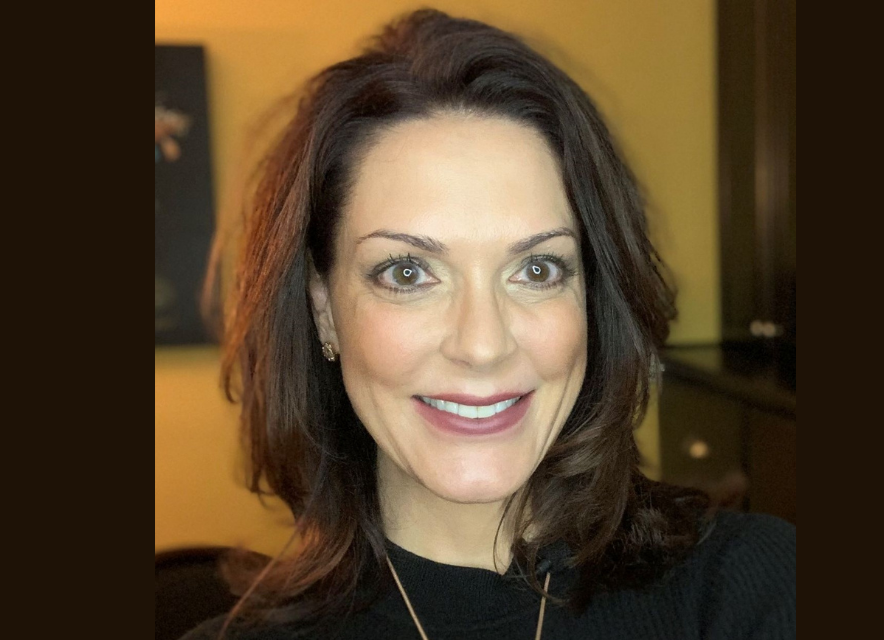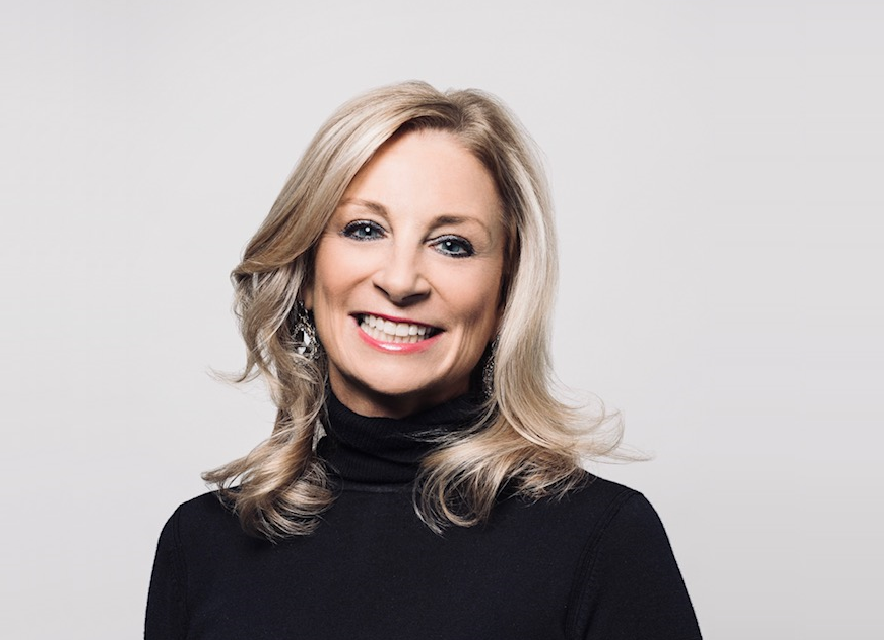Podcast: Play in new window | Download
Subscribe: RSS
Scott McKain is an author, speaker, podcaster, and globally recognized authority on how organizations and professionals create distinction to attract and retain customers — and stand out in a hyper-competitive marketplace. His book entitled “Create Distinction: What to Do When ‘Great’ Isn’t Good Enough to Grow Your Business” was named by 30 major newspapers as one of the “ten best business books of the year.” With a client list that represents the world’s most distinctive companies (Apple, SAP, Merrill Lynch, BMW, Cisco, etc.), Scott has been inducted into the Sales and Marketing Hall of Fame, and is a member of the Professional Speakers Hall of Fame.
Takeaway Quote:
“No one ever said, ‘I love my financial advisor, she’s exactly like every other one.’”
“No one ever said ‘I love my financial advisor, she’s exactly like every other one.’”
Show Timeline:
01:47 The role distinction plays in an advisory practice
Who you are as an advisor, as well as who you are not
03:52 Why it can be hard to be distinct
The danger of standing out early in a practice, vs. the danger of not standing out later
05:14 Why the strategy should start with knowing exactly who you serve
Examples of advisors with clear target markets
09:31 The importance of having congruency with your target and message
Why your mission needs to align with you as a person
11:39 Differentiation vs. distinction
Why just providing great service doesn’t distinguish you in the marketplace
14:37 Why clarity can prove to be a challenge
The ever-present fear of dropping clients
17:00 Ways to demonstrate creativity in differentiating yourself
Small actions, within the regulatory bounds, that can make a big difference
21:46 Seeing the client experience through the clients’ eyes
Why ‘it’s the little things that get you’
24:58 Three critical words to ask when designing the client experience
What Scott teaches advisors to pause and consider at each step
27:01 How to keep exceeding expectations in the context of a long-term client relationship
Understanding that familiarity breeds complacency, and what to do about it
31:58 How the internet has affected becoming distinct
How to stay ahead of the curve in the information age
Links:
Website: http://scottmckain.com/
Book: “Create Distinction”
Blog: http://createdistinction.com/
Podcast: http://projectdistinct.com/
Twitter: https://twitter.com/scottmckain
LinkedIn: https://www.linkedin.com/in/scottmckain/
Want more?
Stephen Wershing: www.TheClientDrivenPractice.com/checklistblog
Julie Littlechild: www.absoluteengagement.com/blog
Episode Transcript:
RECORDING COMMENCES:
Steve Wershing:
Welcome to Becoming Referable, the podcast that shows you how to become the kind of advisor people can’t stop talking about. I’m Steve Wershing. This episode, we talk with Scott McKain, who came from the same small town as John Mellencamp, to go all the way to the Professional Speakers Hall of Fame. He is the author of Create Distinction and the mind and the voice behind the podcast, Project Distinct. We’ll talk about creating distinction and how we can use it to create the ultimate customer experience. We talk about why it’s hard to be distinct and how distinction is different than differentiation. We talk about the importance of story in becoming distinct.
Listen to the part of the conversation where we talk about whether always trying to exceed client expectations is realistic. Or, if it’s an upwards spiral that can actually get in your way. It’s an interesting conversation where there are lots of really good tips about how you can stand out from other advisors. Without any further delay, here he is, Scott McKain.
Before, Scott, you have a chance to say anything else, this is not my line, but I think of you every time I hear it, I just want a great big bed made of your voice. Welcome to the Becoming Referable podcast, Scott McKain.
Scott McKain:
What an intro.
Julie Littlechild:
I’d have to think over that intro, Steve.
Scott McKain:
If nothing else it’s distinctive, right?
Steve Wershing:
And, that brings us to our topic of today, right? Thank you very much for joining us. I am so excited to talk with you, because I read your stuff and I’ve seen you speak and its stuff that it’s the kind of thing that I wish I could express to advisors and you just do it so much better. Let’s start right into this, Scott. Your whole message is about creating distinction, so why don’t we start off by you telling us what distinction means to you.
Scott McKain:
Well, I think distinction is, particularly for financial advisors, it’s the point in your practice where prospects and customers are attracted to you because of what you stand for. Because of who you are. Because of what you represent in the marketplace. Part of that too, it’s not only what you stand for, but what you don’t stand for. You have created an ideal client, and everything about your practice creates that feeling of distinction and investors and clients of distinction seek that out in their advisor. Yet, I’ve never been an advisor, I’m just a client, part of what’s fascinating to me is how the career of an advisor progresses. Where at the beginning, if you’ve got a few bucks you can throw up in the air, you are a prospect.
Steve Wershing:
That’s right.
Scott McKain:
Right? What happens over a period of time, is you see some advisors that have never gotten out of that mode of trying to be all things to all people, the mentality that launched the practice. Part of what I love about your work Steve, is in terms of how you attract referrals. I see so many folks talking about how you pursue referrals. I love what your language says about attracting them. I think that’s what distinction does. It recognizes that the clients you attract and the referrals that you attract are infinitely more valuable over the long haul, then the ones that you had to pursue.
Steve Wershing:
Well, and–
Scott McKain:
You–I’m sorry, go ahead.
Steve Wershing:
No, go ahead, finish the thought.
Scott McKain:
I think that’s rarified air; few advisors get there. But, the ones that do, and that’s what fascinated me, what was the process that enabled some advisors to get there and some organizations to get there, where others seemed to be doing an okay job, but were just missing the mark.







I have listened to almost all of your podcasts and really enjoy all the ideas presented by your guests, from a variety of industries/perspectives/backgrounds, about how to provide a “wow” experience. I operate an entirely virtual practice, however, and it strikes me that almost all of the suggestions rely on physical proximity. I’d love to hear some ideas about how to provide that “wow” when you rarely if ever see your clients in person.
Also, totally agree about this guest’s voice. So nice to listen to. Though the audio quality on this particular podcast was noticeably worse than on previous ones…don’t know if you’re switching up tech tools or something.